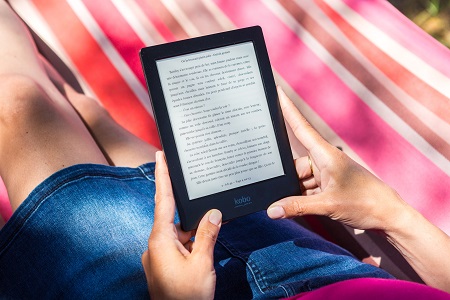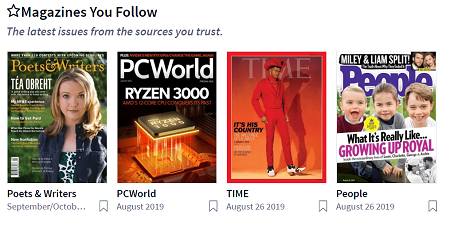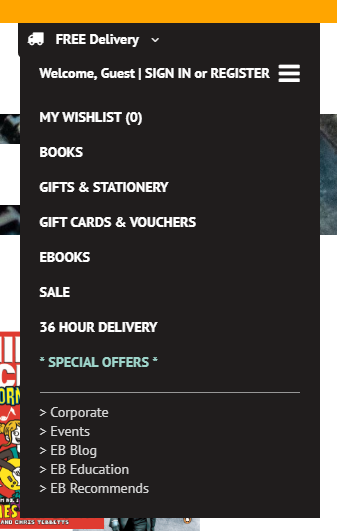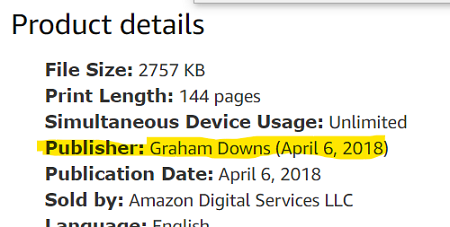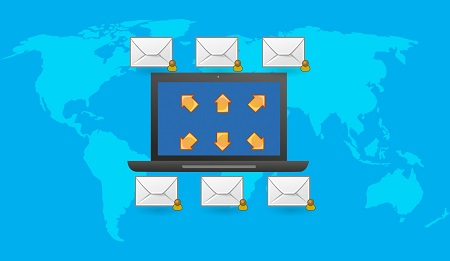For personal emails I send, I will still prefer Plain Text unless it's really necessary to include images or custom formatting (the emails are smaller, take less bandwidth to send, less disk space to store, and are less distracting and easier to read), but I don't think it's practical for marketing emails from a brand to specifically support plain text.
Therefore, from now on, readers who have their email clients set to display emails in Plain Text by default will receive the following text when they open my newsletter:
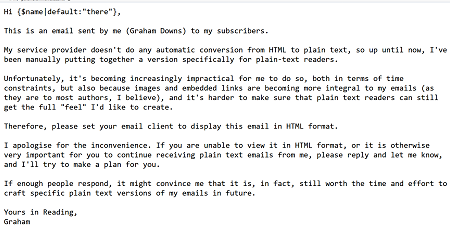
The text of the email is as follows:
Hi {$name|default:"there"},
This is an email sent by me (Graham Downs) to my subscribers.
My service provider doesn't do any automatic conversion from HTML to plain text, so up until now, I've been manually putting together a version specifically for plain-text readers.
Unfortunately, it's becoming increasingly impractical for me to do so, both in terms of time constraints, but also because images and embedded links are becoming more integral to my emails (as they are to most authors, I believe), and it's harder to make sure that plain text readers can still get the full "feel" I'd like to create.
Therefore, please set your email client to display this email in HTML format.
I apologise for the inconvenience. If you are unable to view it in HTML format, or it is otherwise very important for you to continue receiving plain text emails from me, please reply and let me know, and I'll try to make a plan for you.
If enough people respond, it might convince me that it is, in fact, still worth the time and effort to craft specific plain text versions of my emails in future.
Yours in Reading,
Graham
What about you? Do you prefer to read emails in Plain Text? If you subscribe to my newsletters, do you think you'll ever see the above message?
This makes my heart sore, but I feel it has to be done. And now's the right time to do it.
